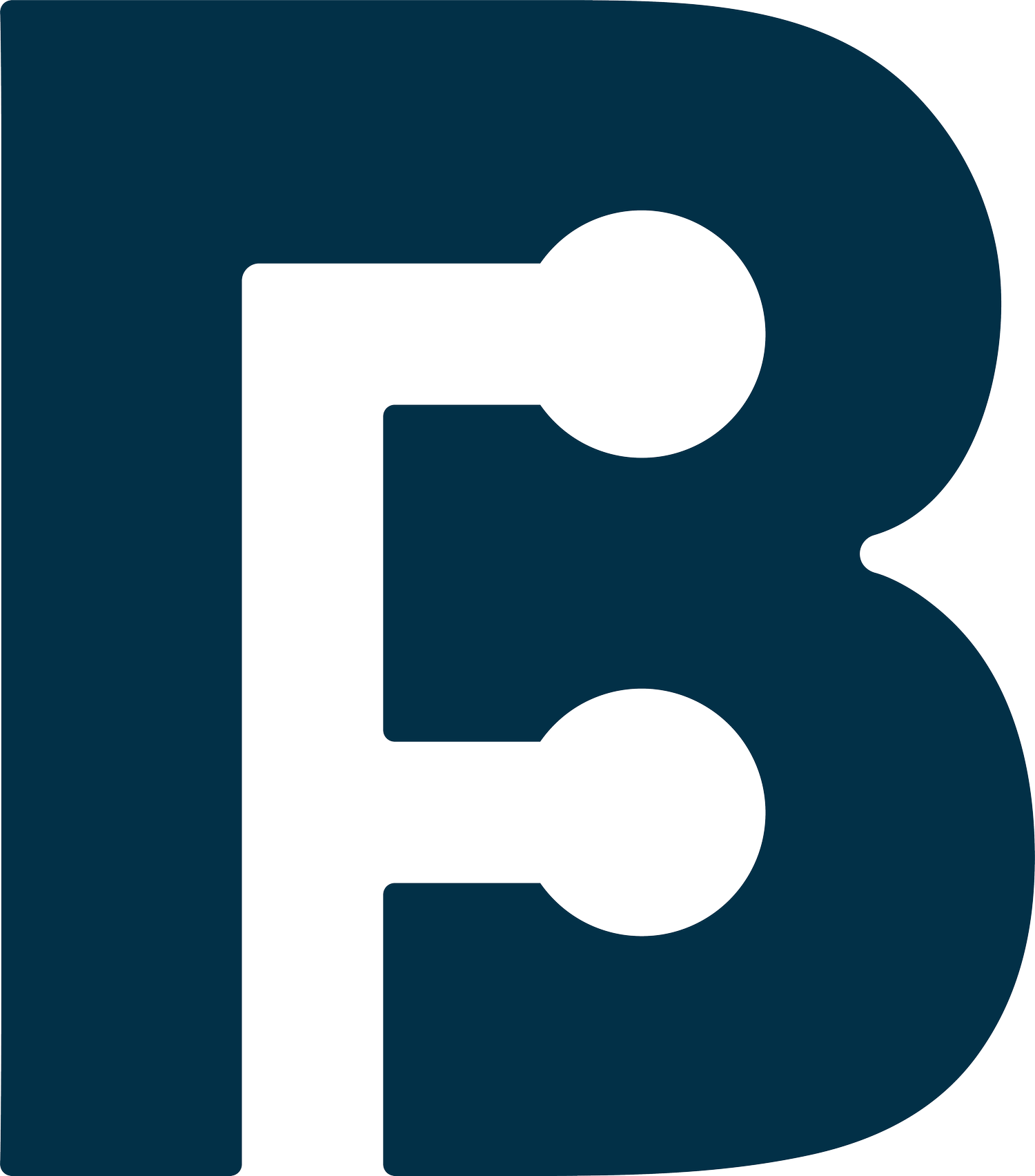Journey
-
I typically describe my pharmacy journey as quite traditional as I followed the typical pharmacy school + residency route. I attended pharmacy school at the University of Florida from 2009 - 2013, but also got my bachelors of science in Human Nutrition there as well from 2005-2009. During my pharmacy school years, I was primarily interested in hospital practice in areas such as critical care, emergency medicine, infectious diseases, and oncology. My APPE experiences reflected that as well as they were predominantly acute care rotations in different hospitals around Florida.
-
From 2013 - 2014, I completed my PGY-1 Pharmacy Practice residency at Sarasota Memorial Hospital in Sarasota, Florida. Although that was quite typical, it was also one of the first times I had begun exploring other areas of pharmacy that piqued my interest such as public health and pharmacy informatics. At the time, I had narrowed my clinical interest to infectious disease and had plans to pursue an infectious disease fellowship, namely Michael Rybak’s fellowship. However, I had a bit of a pivot due to a few things. One of which, was a phone call I had with Melinda Neuhauser, a pharmacist that had previously led the CDC’s Antimicrobial Usage and Resistance (AUR) module back in 2013. Given my interest in both infectious disease and informatics, my odds of landing at the CDC would be much higher if I gained further experience in the latter as she described how difficult it was to benchmark antimicrobial usage data from disparate hospitals for the CDC’s AUR module. This, along with the Pharmacy Forecast 2013-2017 helped drive my PGY-2 applications towards pharmacy informatics and consequently completed my PGY-2 in Pharmacy Informatics at the University of Utah Health.
-
My first job, post-residency, was an informatics pharmacist at Mayo Clinic. I was part of the “Plummer Project” team that converted the 300+ disparate systems used across the organization into a single, electronic health record: Epic. The project took place between 2015 - 2019 and was scoped as four different go-lives: Mayo Clinic Health System - Wisconsin, Mayo Clinic Health System - Minnesota, Rochester, and Arizona & Florida. My primary role was in leading the implementation of the various infectious diseases programs, notably Antimicrobial Stewardship and Infection Prevention and Control. I was also a key member in implementing the clinical decision support systems at Mayo Clinic during that time and supported specialty provider content and pharmacy. The project formally ended on January 1, 2019.
Aside from the wealth of experience I gained during the Epic go-lives, I also started a part-time, online MPH program at the Johns Hopkins Bloomberg School of Public Health in January 2018. Over the next 2.5 years, I’d learn a completely different perspective in approaching problem-solving at a population level and shifted my interests towards making a larger impact. Further, it was also during this time that I had the opportunity to complete both my practicum and capstone at the Office of the National Coordinator for Health IT from June 2019 - May 2020. The experience at the ONC provided a unique experience into health IT regulations at I was able to contribute to the 21st Century Cures Act as it pertained to the ONC’s Interoperability Rules that were finalized in 2020. Lastly, it was likely due to the experiences in the MPH program + the ONC that fueled my desire to tackle healthcare interoperability.
-
As my interests in healthcare interoperability grew, I began to look for new opportunities in how I can best leverage my skills in a new way in November 2021. After working in hospital and health systems for more than a decade, with a short stint in federal government during my time at the ONC, I was intrigued with opportunities to make an impact in the tech industry. Over the course of 5 months, I began to apply to various tech companies focused on addressing healthcare interoperability issues, but also kept an open-mind as I included industries in federal government, public health, management consulting, and academia as well.
After nearly 100+ job applications, I decided to embark on a new journey with Verily, an Alphabet company, to make precision health a reality.
